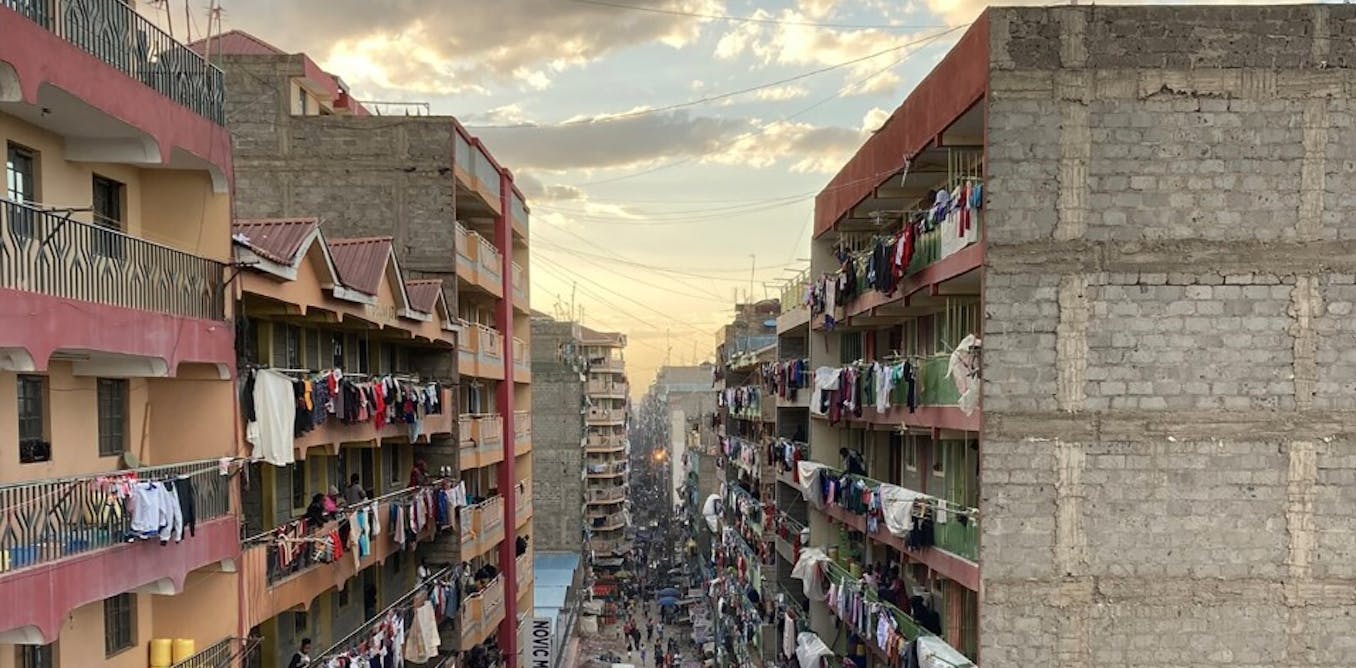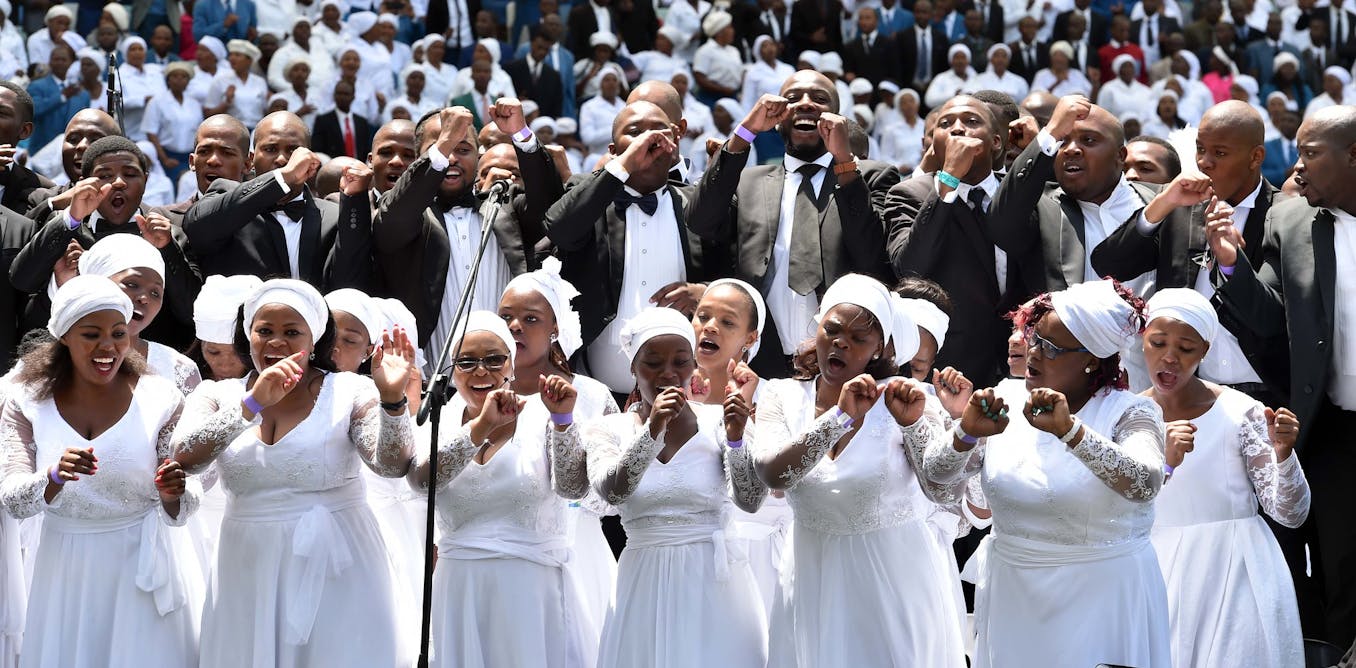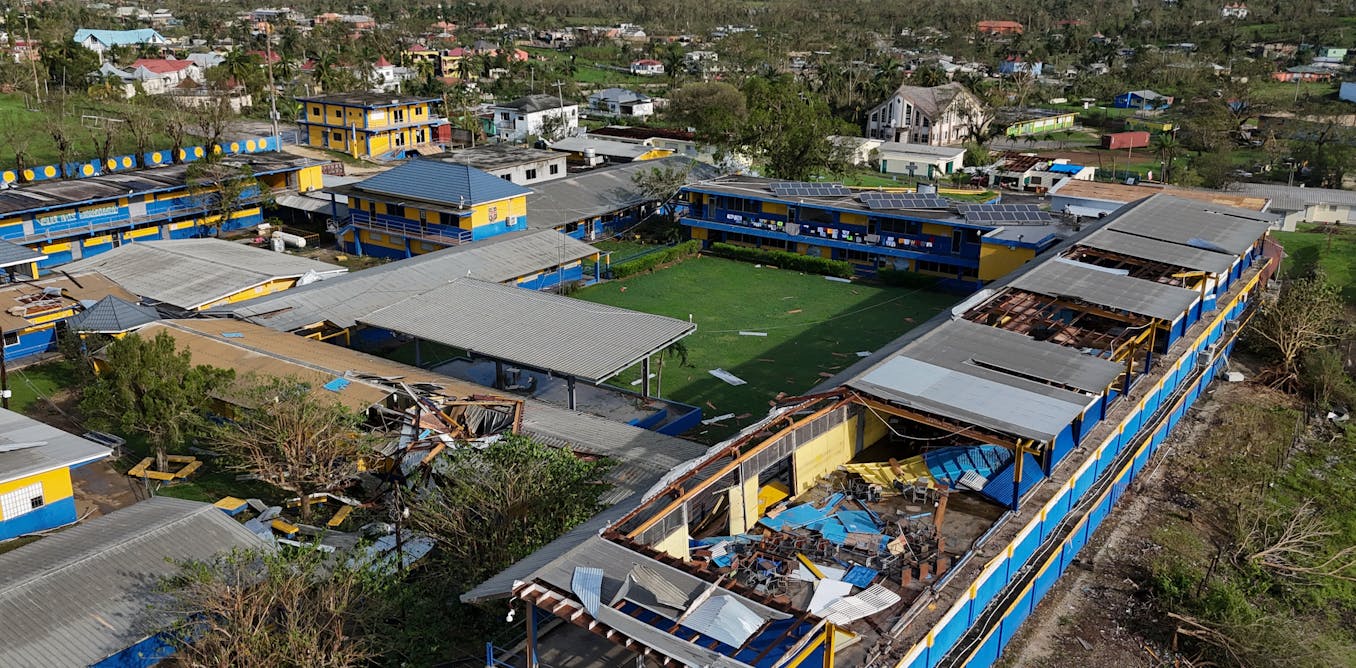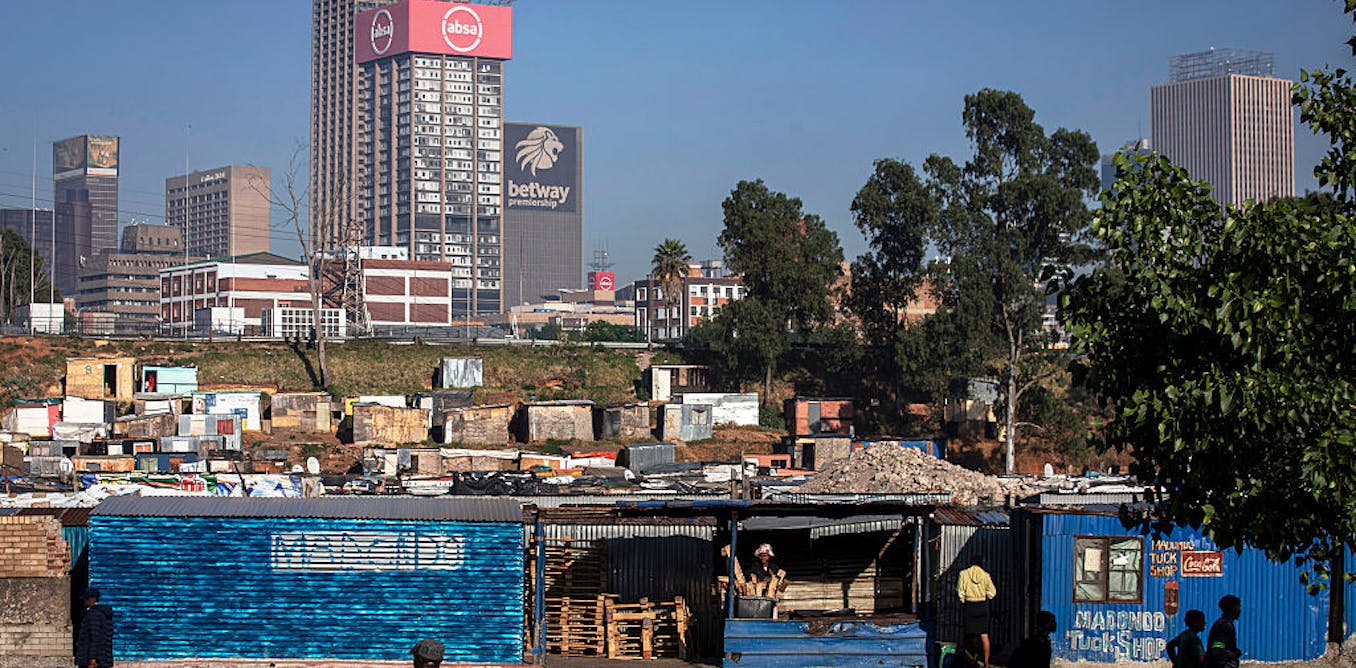Bangladesh is facing a turbulent period as widespread curfews and internet blackouts have been implemented in response to ongoing quota protests by students. These protests, initially aimed at ending job quotas, have now evolved into a larger movement that is impacting the country’s economy.
In an unexpected turn of events, it was not the student protesters who gathered at Prime Minister Sheikh Hasina’s office, but industry leaders. The presence of these individuals highlights the growing concern within the business community about the impact of the protests on key sectors such as garment exports.
With the army patrolling the streets and a nationwide curfew in effect, the economy of Bangladesh is taking a significant hit. The garment industry, which accounts for a large portion of the country’s revenue, is facing disruptions due to the protests and the subsequent security measures. This has resulted in a loss of revenue and increased uncertainty for businesses operating in the country.
The economic crisis caused by the protests and government response is further exacerbated by the internet blackout, which hampers communication and business operations. The lack of access to information and resources is hindering the ability of companies to navigate through these challenging times and is likely to lead to further economic instability.
As Bangladesh continues to grapple with the repercussions of the ongoing quota protests, it is clear that urgent action is needed to address the concerns of both the protesters and the business community. The future of the country’s economy hangs in the balance, and swift resolution is crucial to prevent further damage and ensure a path towards stability.
Watch the video by Al Jazeera English
Video “Bangladesh curfews, internet blackout batter economy amid quota protests” was uploaded on 07/25/2024 to Youtube Channel Al Jazeera English








































Leave a Reply